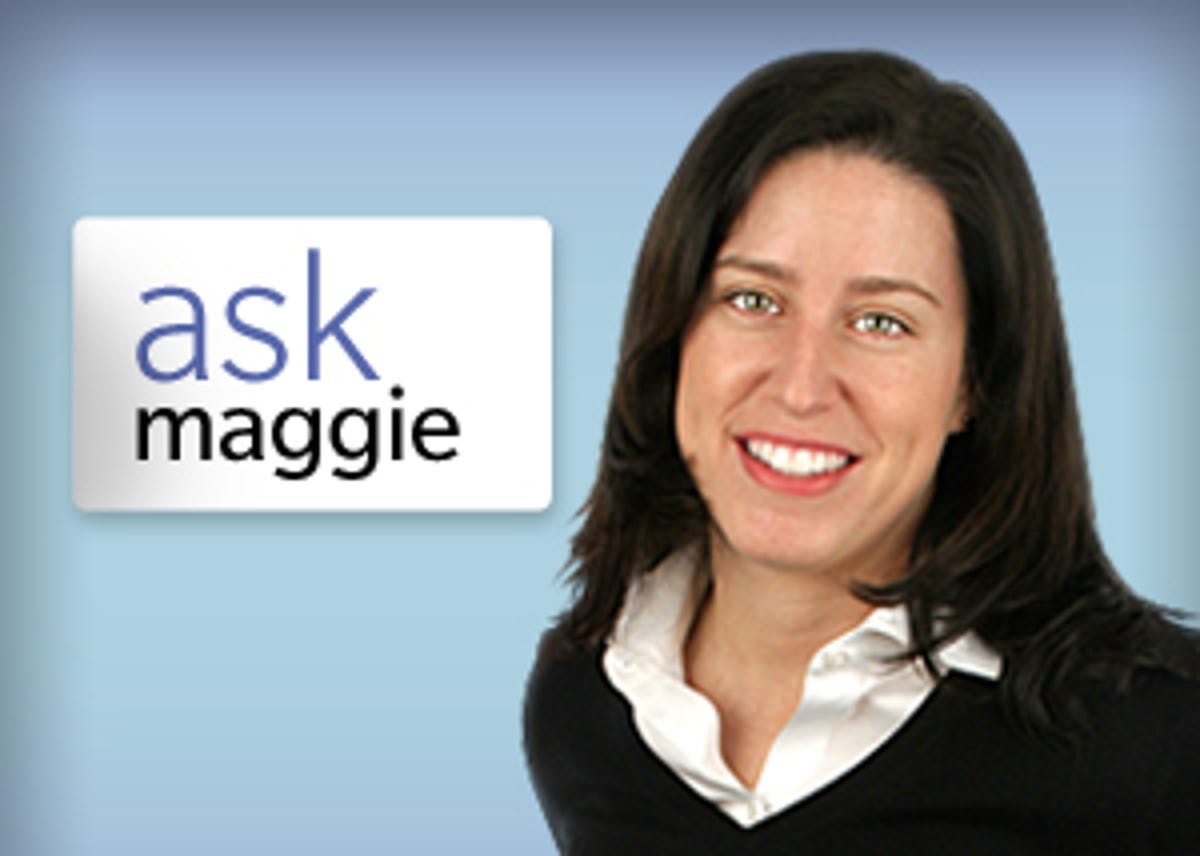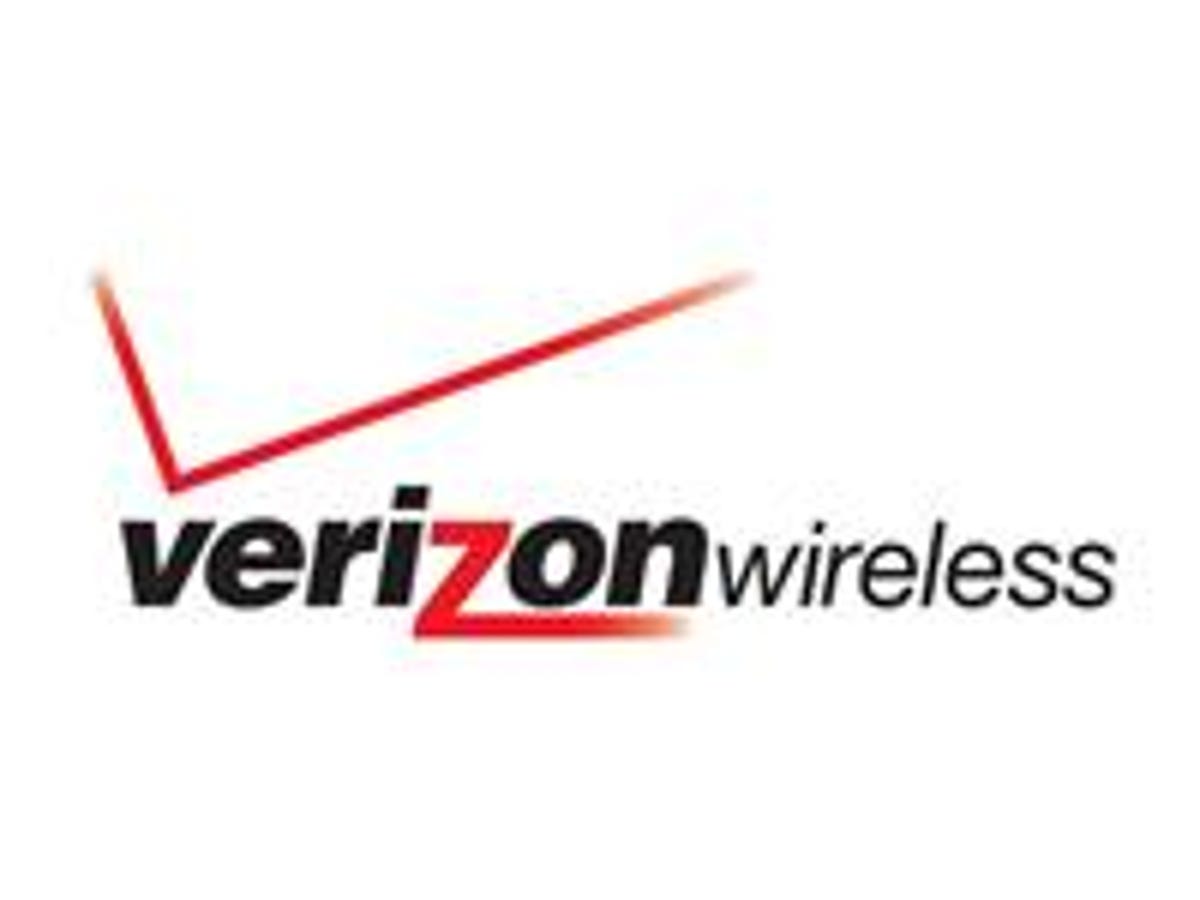AT&T has taken a lot of heat over the past few months for slowing down service for its heaviest data users on its unlimited plans. But what about Verizon Wireless, which also still offers unlimited data to its older smartphone customers?

In this edition of Ask Maggie, I explain how Verizon Wireless implements its network management policy to ensure that its wireless data network isn’t overwhelmed by unlimited data plan users gone wild. I also offer another reader some advice on which Android smartphone to buy from Verizon.
Does Verizon throttle unlimited data service, too?
Dear Maggie,
I’ve heard about how AT&T throttles its unlimited data customers who use too much data. I am a Verizon Wireless customer who also has a data plan. Does Verizon have the same sort of throttling policy? I haven’t noticed myself, but I don’t think I use that much data. Anyway, I just wanted to know if this is something I should be concerned about if I do start using more data.
Thanks,
Kim
Dear Kim,
The short answer to your question is yes, Verizon does slow down the heaviest data users on its unlimited data plan. But the way Verizon “throttles” users is different from the way that AT&T has implemented the policy.


Verizon Wireless
Like AT&T did initially with its policy, Verizon also targets the top 5 percent of the heaviest data users. But the company uses network intelligence to only slow down those heavy data users when the network is actually congested.
The way it works is that if you use more than 2GB of data per month, Verizon is likely to identify you as being in the top 5 percent of data users. Once you’ve been identified as a heavy data user, when the cell site you are in gets congested, Verizon will slow down your access until the network is no longer so crowded.
Once the congestion has subsided or you move to a different cell site that isn’t congested, your speed returns to normal. Depending on how congested the network is your service could be slowed for a few minutes or for several hours.
The policy only applies to customers with unlimited data plans on the 3G network. Verizon doesn’t slow down data for 4G customers.
Here is how Verizon explains it on its Web site:
95% of our data customers will not see any change in service. You’ll continue surfing the Web, downloading music, uploading pictures and sending emails just as you always have. The highest data users, the top 5% with 3G devices on unlimited data plans, may experience managed data speeds when connected to a congested 3G cell site after reaching certain data-usage levels in a bill cycle. High data users will feel the smallest possible impact and only experience reduced data speeds when necessary for us to optimize data network traffic in that area.
This policy differs from AT&T in one significant way: Verizon only slows down heavy data users when the network is congested. By contrast, AT&T will slow down a user once it hits the 3GB threshold and will keep that service slow until the end of the billing period, even when the network is not congested.
What bothers me about AT&T’s policy is that it doesn’t seem to really address the congestion issue. I understand that wireless networks get crowded. Wireless spectrum is a shared resource. And the nature of Internet Protocol data is such that applications gobble up as much capacity as they can. So someone who watches a lot of HD video can quickly eat up a ton of capacity in a short period of time.
But like a highway system, wireless networks are not filled with users every minute of every day. There are peak times when congestion is heaviest, like during rush hour on the highway. And then there are lulls, when there are far fewer users on the network and all traffic moves smoothly.
Verizon’s approach, which it calls network optimization, only manages the network in this way during high usage periods, when the network is constrained. By contrast, once AT&T customers hit a threshold, their service is affected for the rest of the billing cycle regardless of whether the network is congested. It’s like AT&T is punishing a customer for using its network, even though the customer is under the assumption he has a plan that allows for unlimited usage.
The other thing I didn’t like about AT&T’s original policy is that it targeted the top 5 percent of users, but AT&T never explained how it identified these users. What were they the top 5 percent of? A cell site? Was the 5 percent derived city-wide? Or perhaps it was the top 5 percent of users nationally?
AT&T has since revised its policy. Now it has established a threshold at 3GB of usage per month for 3G unlimited customers and 5GB for 4G LTE customers. Once a user hits this threshold, his service is slowed down until the end of the billing cycle. This is an improvement over the old policy, since AT&T clarified how it determines who is a heavy user and who is not. But it still doesn’t seem to address the real congestion concerns.
As for you and your network usage, I wouldn’t worry about it too much. For one, you may not be using enough data to have tipped the scale. And secondly, if you do become a top 5 percent user, you may not even notice the slowdown in the network since it will be occurring when the network is congested anyway, when overall network performance may be at its slowest. Plus the slow-down is only temporary until the congestion subsides, and then your service returns to normal speeds. And if you upgrade to a 4G LTE device on Verizon, you won’t get your service slowed at all, since Verizon’s “network optimization” only applies to 3G service plans.
I hope this explanation was helpful. Thanks for reading!
Help! Which Android is right for me?
Hello Ask Maggie,
My question for you is about my next cell phone. I currently have a Motorola Droid X2, which Verizon sent to me as a replacement for my Droid X, which I had nothing but troubles with, Yikes!
I thought I had talked myself into an Apple iPhone, but I’m still not over the burn I felt over the $325 I spent on the crappy Droid X.
So here’s my question: your thoughts, please, on these 4G LTE phones:
HTC Thunderbolt
HTC Rezound
Motorola Droid Bionic
Samsung Stratsophere
Motorola Droid Pro
Thank you for your time, Maggie.
Have a good weekend,
Scott
Dear Scott,
If you’re going to get a Google Android smartphone phone on Verizon, I’d get the Droid Razr Maxx. It has the best battery life of any LTE device on the market. And I think that alone is worth buying it over these other devices.
Related stories
The next smartphone on my list would be the Samsung Galaxy Nexus. It’s a pure Google phone and runs Android 4.0 Ice Cream Sandwich, Google’s latest software. This is important because it’s the first smartphone that comes with latest software already on it. Some of the devices you mentioned have been out on the market for so long, I’m not sure they will ever get the Ice Cream Sandwich update.
Out of the devices you mentioned, the HTC Rezound is probably my next pick. It’s newer than the other devices on your list. HTC has said it will be among the devices getting Ice Cream Sandwich later this year, although it hasn’t specified when.
Some of the other phones on your list are getting a bit old. The Droid Bionic and HTC Thunderbolt were among Verizon’s first LTE devices. Battery life has been an issue for many customers with these devices, so keep that in mind.
Motorola Droid Razr Maxx for Verizon (photos)






Of course, the Droid Maxx and the Samsung Galaxy Nexus are among Verizon’s most expensive smartphones. These devices each cost $300 with a 2-year contract. Meanwhile you can get the Droid Pro free with a contract and the Samsung Stratosphere, Droid Bionic and HTC Thunderbolt are each $100 with a contract. If price is a major concern and $300 is too much for you to spend, consider the HTC Rezound, which could be a good middle ground for you at $200. I’ve also seen at least one deal on Amazon selling the HTC Rezound for $79 with a two- year contract.
I hope this advice was helpful. Good luck! And I hope you have a nice weekend, too.
Ask Maggie is an advice column that answers readers’ wireless and broadband questions. The column now appears twice a week on CNET offering readers a double dosage of Ask Maggie’s advice. If you have a question, I’d love to hear from you. Please send me an e-mail at maggie dot reardon at cbs dot com. And please put “Ask Maggie” in the subject header. You can also follow me on Facebook on my Ask Maggie page.



